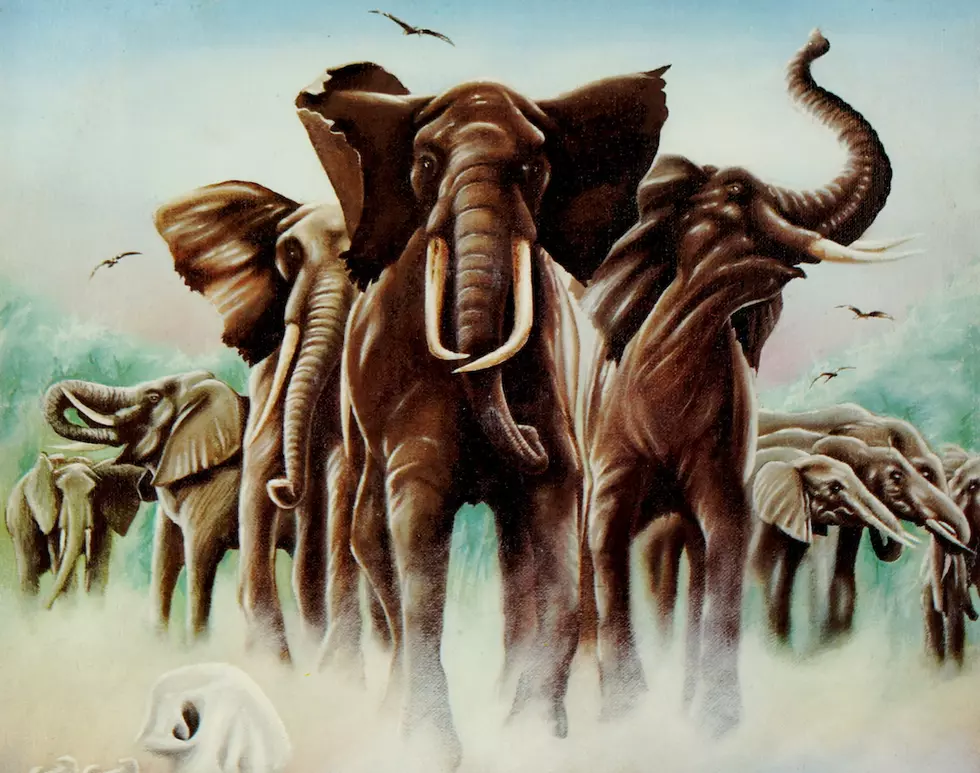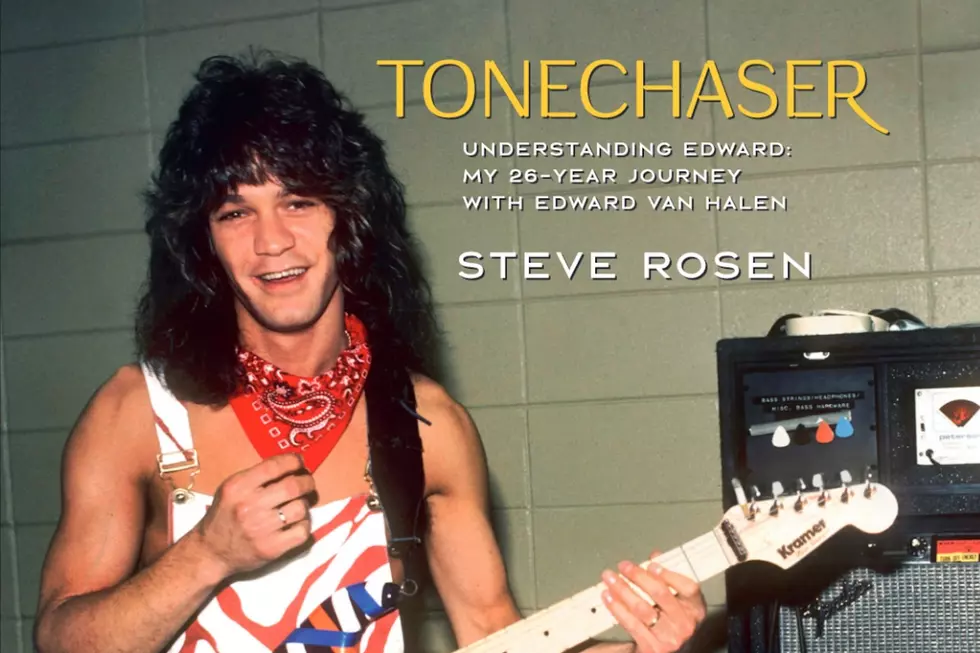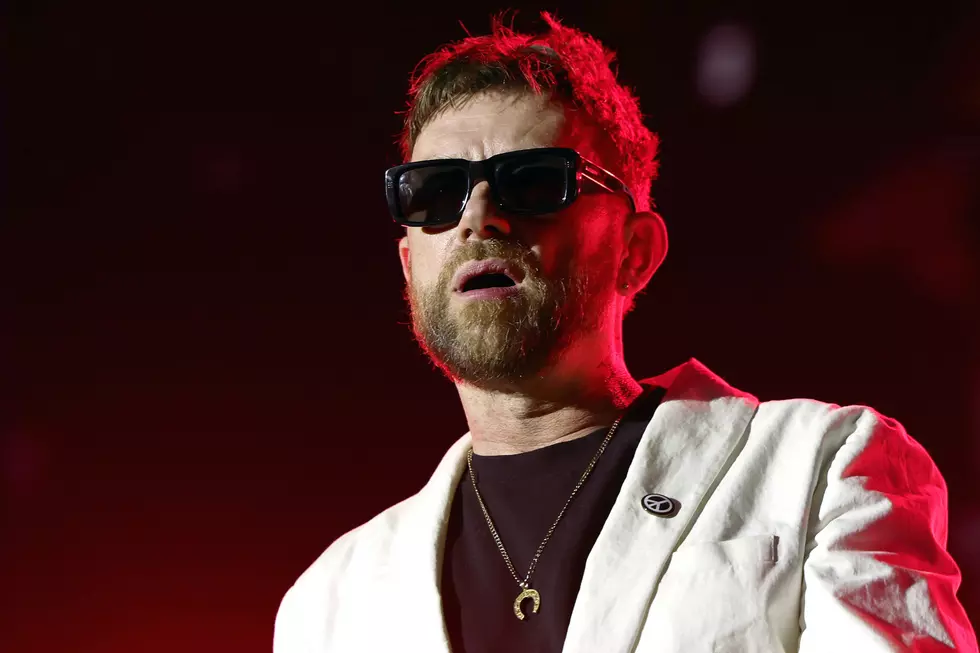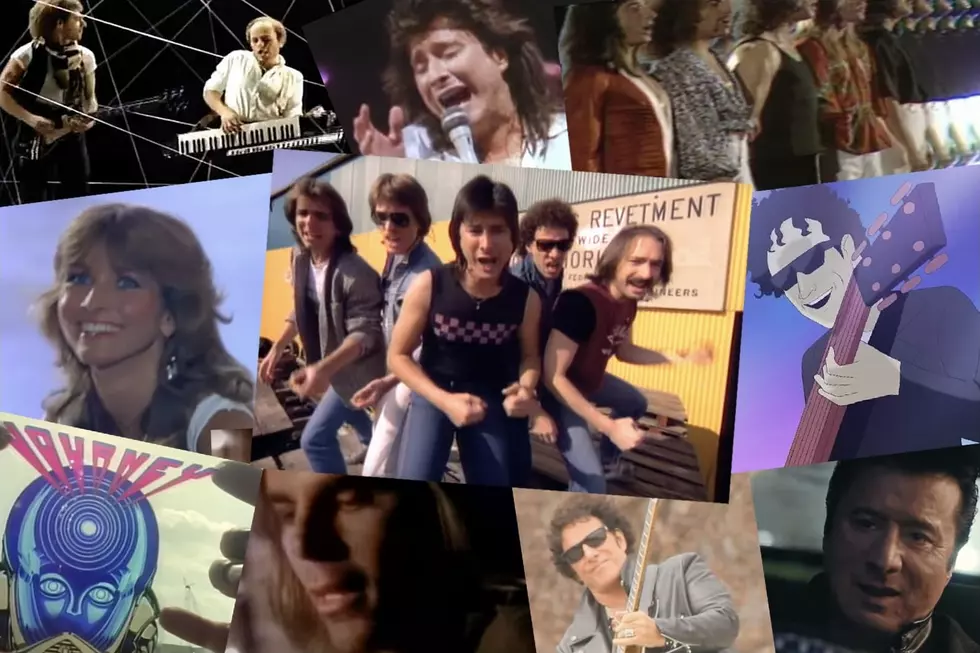
45 Years Ago: Elvis Costello Breaks Out in U.S. With ‘Armed Forces’
After beating the sophomore jinx with his second album, 1978's This Year's Model, Elvis Costello set out to prove he was here to stay. On Jan. 5, 1979, Costello did just that with his third LP, Armed Forces.
In some ways, Forces represented more of the same from Costello, who held onto his backing band the Attractions for the second consecutive album and reunited with producer Nick Lowe, who'd supervised the sessions for both of Costello's previous LPs. But if this set of songs sprung from a period of relative consistency in terms of personnel, they also found Costello moving forward in musical terms, tempering the aggressive overtones of his early work with a fuller, more pop-friendly sound.
"He wants to be daring, but he also wants to dance," Janet Maslin wrote in her Rolling Stone review, and that's as succinct a summation as any for Elvis Costello at this juncture. Armed Forces stitches a sonic patchwork that at times nearly borders on pastiche, but his lyrics are so subversively clever that it's clear he's in total control of his craft. Rather than concessions, the record's sweet arrangements function as necessary correctives to the caustic vinegar of the lyrics – a spoonful of sugar to help the medicine go down.
READ MORE: Top 10 Elvis Costello Songs
The album's first single, "Oliver's Army," is a perfect case in point, with an infectiously ebullient arrangement that, in just about any other artist's hands, would have served as a delivery mechanism for two minutes and 58 seconds of lines about love and heartbreak. Costello's lyrics are far darker, however: Inspired by a recent trip to Northern Ireland, he penned a cheerfully bitter screed against imperialism and governments' propensity to use young working-class men as cannon fodder for their conflicts.
It's the kind of thing that might have turned into an achingly serious anthem if someone like U2 had recorded it, but Costello's winking approach paid off – especially in the U.K., where "Oliver's Army" went on to become a No. 2 pop hit.
Watch Elvis Costello's 'Oliver's Army' Video
'Armed Forces' Came Together On the Road
"There was an awful lot riding on it," engineer Roger Bechirian said in Sound on Sound, reflecting on the heightened expectations following Costello's first two LPs: "It was also a much more grown‑up record in terms of the writing, the band and the way it was put together. It was a much more dense production than This Year’s Model, which was very sparse and had involved a quick, off‑the‑cuff way of working."
That production stood in contrast to the increasingly catch-as-catch-can approach that Costello was forced to take with his songwriting. "Most of this record was written in hotel rooms or on a tour bus," he told Sound on Sound. "Every shop front or nightclub sign seemed like a line from a song. In some cases, that was just what they became."
Still, if Costello's constant touring made it hard to stop and think, it also fostered a period of unique personal and musical unity; as he put it in the same article, "The confidence and cohesion of the Attractions' playing is the product of 12 months of intense touring. The sessions were not without dissent and tension, but we probably never had quite this level of consistent musical agreement again."
Whether Armed Forces serves as the Costello and the Attractions' high-water mark is up to the listener, but there's no arguing that the album made a sizable splash on the charts, peaking at No. 2 in the U.K. and reaching No. 10 in the U.S. In a career that's often brought more critical acclaim than commercial success, it found Costello grabbing the zeitgeist in a way he'd only sporadically accomplish with subsequent efforts – and proved in the bargain that every so often, a smart, sardonic set of pop songs can also be a hit.
Classic Rock's 20 Worst Mistakes
Gallery Credit: Nick DeRiso
More From Ultimate Classic Rock









